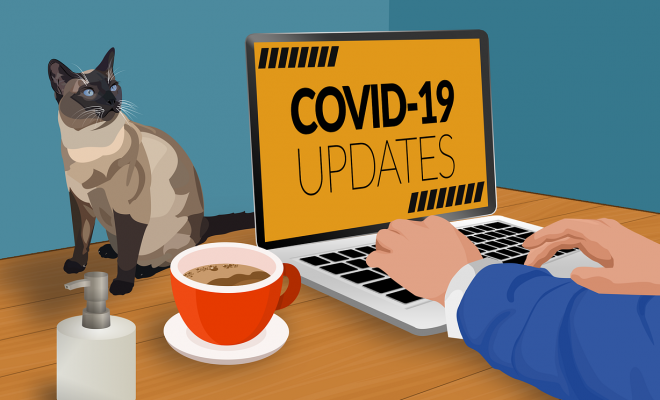Wisconsin DHS to offer additional COVID shot to immunocompromised

By Star Journal Staff
The Wisconsin Department of Health Services (DHS) has announced it will offer an additional COVID-19 vaccine dose to people who are immunocompromised.
“Our nation’s leading medical experts have reviewed the available data and made this recommendation to improve protection against COVID-19 for some of our most vulnerable populations,” said DHS Secretary-designee Karen Timberlake. “Clinical experts reviewing data from the first months of administering COVID-19 vaccines have determined that certain medical conditions and treatments keep people from building the full immunity we would expect from the original two-dose mRNA vaccine series.”
“Our nation’s leading medical experts have reviewed the available data and made this recommendation to improve protection against COVID-19 for some of our most vulnerable populations,” said DHS Secretary-designee Karen Timberlake. “Clinical experts reviewing data from the first months of administering COVID-19 vaccines have determined that certain medical conditions and treatments keep people from building the full immunity we would expect from the original two-dose mRNA vaccine series.”
After rigorous review of all available data, the U.S. Food and Drug Administration (FDA) authorized the additional dose for certain immunocompromised people on Thursday. On Friday, August 13, the Centers for Disease Control and Prevention’s (CDC) Advisory Committee on Immunization Practices (ACIP) voted unanimously to recommend an additional dose for individuals with specific medical conditions or who are receiving treatments that are associated with moderate to severe immune compromise.
This includes people who have:
- Been receiving active cancer treatment for tumors or cancers of the blood.
- Received an organ transplant and are taking medicine to suppress the immune system.
- Received a stem cell transplant within the last two years or are taking medicine to suppress the immune system.
- Moderate to severe primary immunodeficiency (such as DiGeorge syndrome, Wiskott-Aldrich syndrome).
- Advanced or untreated HIV infection.
- Active treatment with high-dose corticosteroids, alkylating agents, antimetabolites, transplant-related immunosuppressive drugs, cancer chemotherapeutic agents classified as severely immunosuppressive, tumor-necrosis (TNF) blockers, or other drugs that may suppress your immune response.
“The science has shown that those with weakened immune systems often do not develop the same level of immune response after their initial COVID-19 vaccine series as those with uncompromised immune systems,” said Dr. Ryan Westergaard, Chief Medical Officer for the Bureau of Communicable Diseases. “Fortunately, studies show that a third dose can help bolster the immune response in these individuals to achieve the same strong protection from the virus that those who are not immunocompromised were able to develop with just the two-dose series. If you are not included in this new group of individuals recommended for an additional dose, you should be reassured that the data shows good protection with the one or two-dose COVID-19 vaccine series at this time.”
The additional dose should be administered at least 28 days after completing the primary COVID-19 vaccine series, and it should be the same vaccine product as the first two doses.
At this time, fully vaccinated people who are not moderately or severely immunocompromised do not need an additional COVID-19 vaccine dose.
Leave a reply
You must be logged in to post a comment.


